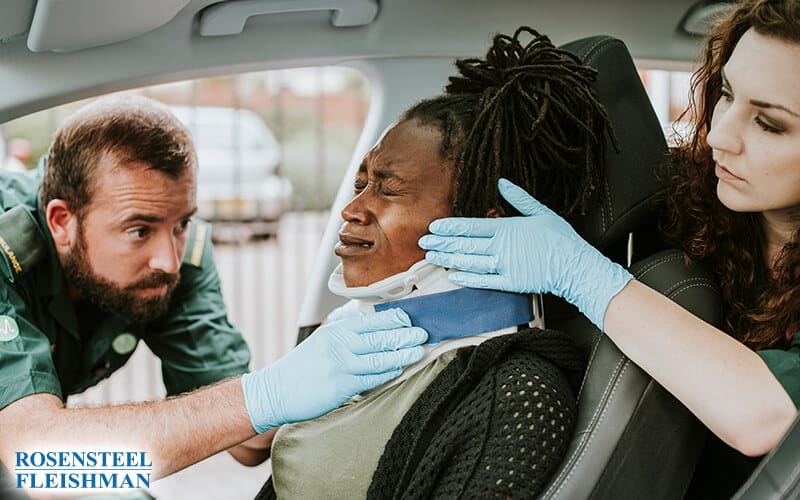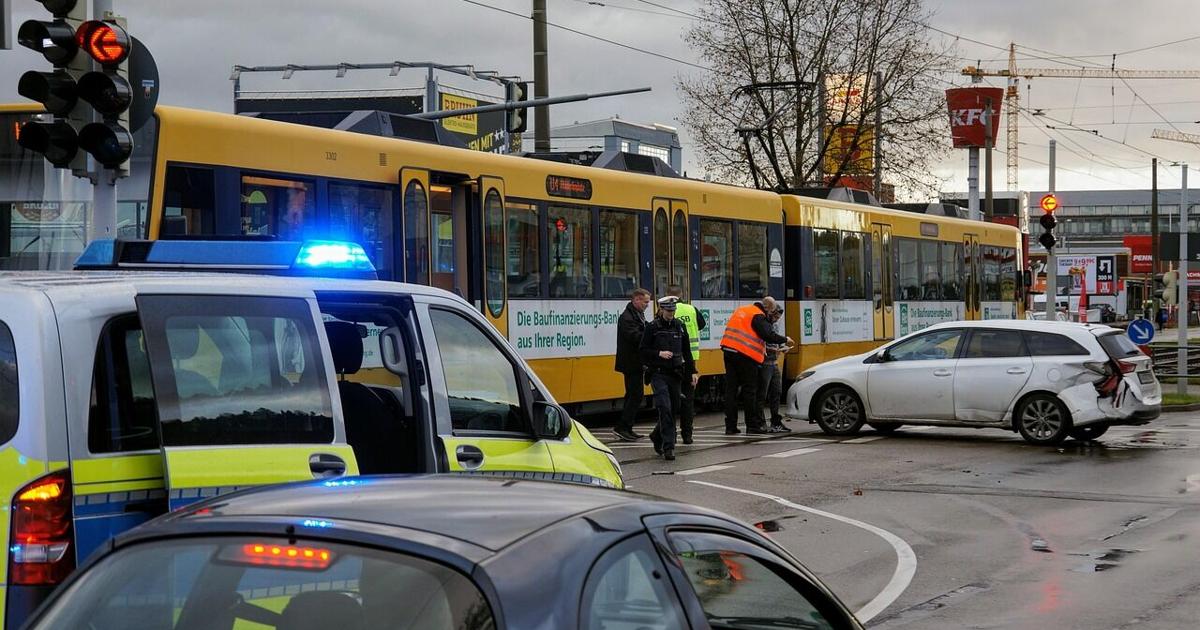The Silent Epidemic on Our Roads: Rideshare Accidents Are Soaring
In the blink of an eye, the convenience of a rideshare can shatter into a nightmare. What began as a simple solution to urban transport has, for millions, become a harrowing statistic. Uber and Lyft have woven themselves into the fabric of daily life, ferrying us to work, social events, and airports. Yet, beneath the veneer of seamless app-based travel lies a growing, often unacknowledged crisis: a dramatic increase in rideshare accidents.
You’re just a passenger, checking your phone, perhaps drifting off for a moment, when the jarring impact rips through the calm. Suddenly, the world is a blur of twisted metal, shattered glass, and an agonizing realization: you’ve been in a crash. And unlike a traditional car accident, where the roles are clearly defined, a rideshare collision throws you into a complex legal labyrinth where responsibility, insurance, and accountability are anything but clear.
When the Ride Turns Rough: Understanding Your Immediate Aftermath
The moments immediately following an accident are chaotic and terrifying. Your adrenaline surges, making rational thought difficult. However, your actions in these crucial first minutes can significantly impact your future legal and medical outcomes.
- Prioritize Safety: First and foremost, ensure your personal safety and that of others. If possible and safe, move to the side of the road.
- Seek Medical Attention: Even if you feel fine, accept medical evaluation. Adrenaline can mask serious injuries. Delayed symptoms are common, and a documented medical assessment creates an undeniable record.
- Contact the Police: File an official police report. This document is crucial for insurance claims and legal proceedings, providing an objective account of the incident.
- Gather Evidence: Take photos and videos of the accident scene, vehicle damage, road conditions, and any visible injuries. Exchange information with all parties involved—drivers, passengers, and witnesses.
- Notify the Rideshare Company: Report the accident through the Uber or Lyft app as soon as reasonably possible.
Without meticulous documentation and prompt medical care, insurance adjusters, who are not on your side, can quickly cast doubt on the severity of your injuries or the circumstances of the crash.
The Legal Maze: Who’s Really at Fault?
This is where rideshare accidents diverge sharply from conventional car crashes. The question of ‘who is at fault’ is not merely about identifying the negligent driver, but about navigating a convoluted multi-layered insurance structure. Uber and Lyft operate under a complex system designed to limit their liability, often classifying drivers as independent contractors, not employees. This distinction is critical.
When a rideshare driver is ‘on duty’—meaning they have the app open and are awaiting a ride request, en route to pick up a passenger, or actively transporting a passenger—the rideshare company’s multi-million dollar insurance policy typically kicks in. However, the exact coverage varies depending on the ‘period’ of the driver’s activity, creating fertile ground for disputes and denials. If the driver was off-duty or operating outside the app’s parameters, their personal auto insurance would be the primary policy, which often explicitly excludes commercial use.
Injuries and Impairments: More Than Just a Bump
The impact of a collision, even at seemingly low speeds, can wreak havoc on the human body. As a passenger, you are particularly vulnerable, often unaware and unprepared for the force exerted upon you.
- Whiplash and Soft Tissue Injuries: Common, but often underestimated, these can lead to chronic pain, headaches, and limited mobility.
- Traumatic Brain Injuries (TBIs): Ranging from concussions to severe brain damage, TBIs can have devastating long-term cognitive, emotional, and physical effects.
- Fractures and Broken Bones: These often require surgery, extensive rehabilitation, and can result in permanent impairment.
- Spinal Cord Injuries: Among the most severe, these can lead to paralysis and lifelong disability.
- Psychological Trauma: Beyond the physical, the emotional toll of an accident—PTSD, anxiety, depression, fear of driving—is a very real and often overlooked consequence.
Many victims initially dismiss their pain, believing it will simply ‘go away.’ This delay can be catastrophic, not only for their health but also for their ability to link their injuries directly to the accident in a legal claim.
The Financial Avalanche: Medical Bills and Lost Wages
The physical pain is often compounded by a crushing financial burden. Emergency room visits, specialist consultations, diagnostic tests (MRIs, CT scans), physical therapy, prescription medications, and potential surgeries can quickly accumulate into staggering medical debt. This financial stress only exacerbates the recovery process.
Beyond medical costs, an accident can strip you of your ability to earn. Lost wages, whether from immediate inability to work or long-term disability, become a significant component of your claim. The inability to work not only impacts your current income but can derail career progression, future earning potential, and overall financial stability.
The aftermath of a rideshare accident isn’t just physical; it’s a profound financial and emotional drain that can derail lives, leaving victims feeling lost in a system designed to protect powerful corporations.
Don’t Go It Alone: Why Legal Representation is Non-Negotiable
Facing a multi-billion-dollar rideshare corporation and their formidable legal teams, along with complex insurance adjusters, as a lone individual is an almost insurmountable task. Their primary objective is to minimize payouts, often by downplaying your injuries, disputing fault, or exploiting legal technicalities.
This is precisely why experienced personal injury lawyers specializing in rideshare accidents are indispensable. They understand the intricate layers of rideshare insurance policies, the nuances of ‘periods of engagement,’ and the legal precedents that govern these unique cases. A skilled attorney acts as your advocate, a shield against aggressive insurance tactics, and a guide through the treacherous legal terrain.
- Thorough Investigation: They will meticulously gather evidence, reconstruct the accident, and consult with medical and accident reconstruction experts.
- Expert Negotiation: They possess the negotiation skills to fight for maximum compensation, covering medical bills, lost wages, pain and suffering, and future care.
- Litigation Preparedness: If a fair settlement cannot be reached, they are prepared to take your case to court, presenting a compelling argument on your behalf.
Common Misconceptions That Could Cost You Everything
The public perception of rideshare safety and liability is often clouded by misinformation, leading many accident victims to make critical mistakes.
Myth 1: The rideshare company will take care of me. FALSE. Uber and Lyft are businesses. While they have insurance, their priority is protecting their bottom line. Expect resistance, not assistance, unless compelled legally.
Myth 2: My personal insurance will cover everything. FALSE. Most personal auto insurance policies have ‘commercial use’ exclusions. If your driver was operating commercially (as a rideshare), your personal policy might deny your claim entirely.
Myth 3: I don’t need a lawyer for a minor accident. FALSE. What seems minor initially can manifest as severe, chronic conditions later. Without legal counsel, you risk settling for far less than your case is worth, leaving you with unpaid bills and lingering pain.
Reclaiming Your Future: A Call to Action
The road to recovery after a rideshare accident is long and arduous. But you don’t have to walk it alone, and you certainly shouldn’t bear the financial and emotional burden caused by someone else’s negligence. Your rights as a passenger are paramount, and the legal system exists to protect them. Don’t let fear, confusion, or intimidation prevent you from seeking what you rightfully deserve. Demand accountability from those responsible and embark on the path to true justice and recovery.


